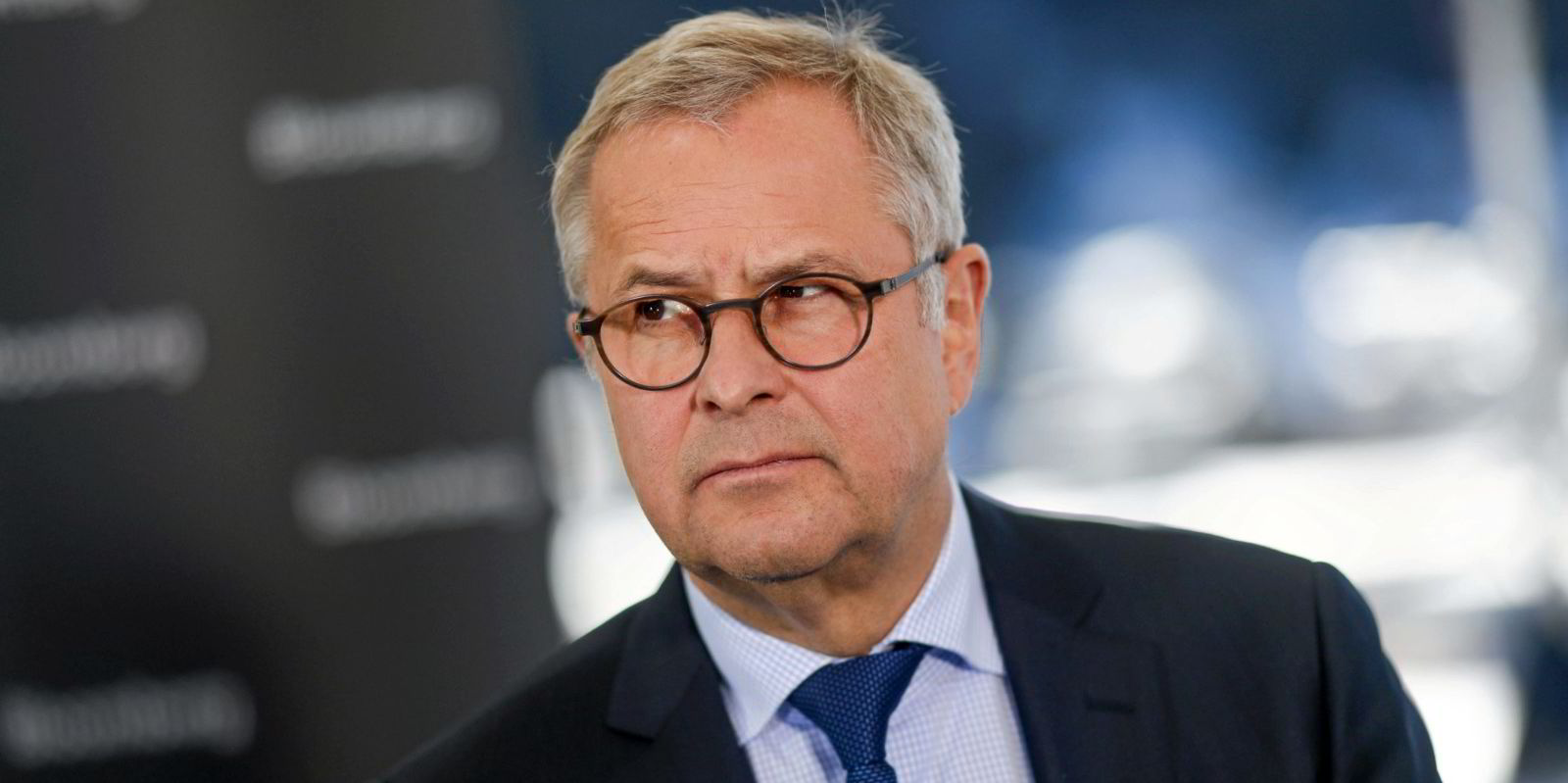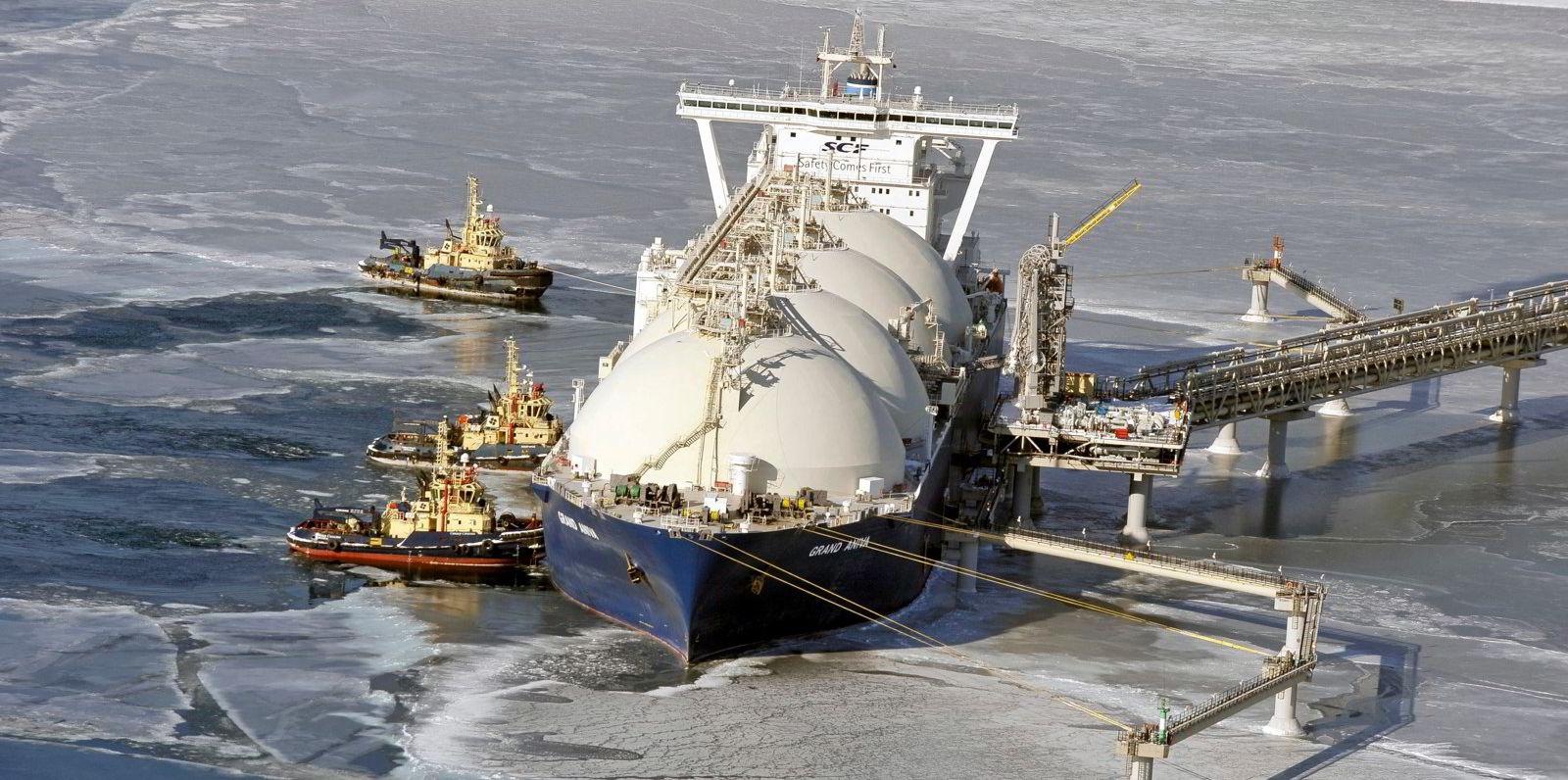First quarter operating profits soared by 686% for K Line as its joint container line unit with other Japanese carriers recorded a “significant business performance improvement”.
K Line said it made an operating income of ¥18.9bn in the three months to the end of June 2022, up from ¥2.4bn in the same period of 2021.
Group operating revenues rose to ¥228.5bn, from ¥174.7bn, as the company said it also made overall year-on-year increases in revenue and profit from its bulk carrier and tanker operations.
K Line said the significant improvement in results at joint container carrier Ocean Network Express (ONE) brought in ¥235.4bn of equity in earnings from its unconsolidated subsidiaries and affiliates during the quarter.
“The tightening of the supply-demand balance due to supply chain disruptions and robust cargo movements [meant] market rates stayed high,” K Line said.
“Cargo movements are expected to stay firm, although the outlook for the global economy and the timing of the end of supply chain disruptions are uncertain,” the group added.
In its dry bulk operations, K Line said capesize iron ore shipments from Brazil were sluggish due to inclement weather and measures to prevent the expansion of Covid-19 in China, but rates stayed generally firm while fluctuating after the recovery in shipments and easing of Chinese port congestion.
It added that market rates for its medium and small dry bulk vessels also generally stayed firm, supported by robust demand for the transport of coal to India and steel products to Europe.
K Line said bulker rates are expected to stay firm due to strong demand arising from the normalisation of economic activity in China and the limited supply of new ships.
But the group added that it will keep a close watch on commodity price surges due to the situation in Russia and Ukraine, the impact of global inflation and potential further Covid containment measures.
K line said it will strive to secure stable profits in its energy division through mid- and long-term contracts for its LNG carriers, coal carriers, large crude oil tankers and LPG carriers as well as drillships and FPSOs.
Its car carrier business has been affected by the supply shortage of semiconductors and auto parts in the global car sales market as well as high fuel prices. The lockdown in Shanghai and war between Russia and Ukraine also affected it.
Shipping demand for steel and timber products stayed firm in its shortsea and coastal business, but volumes of coal decreased year on year.






